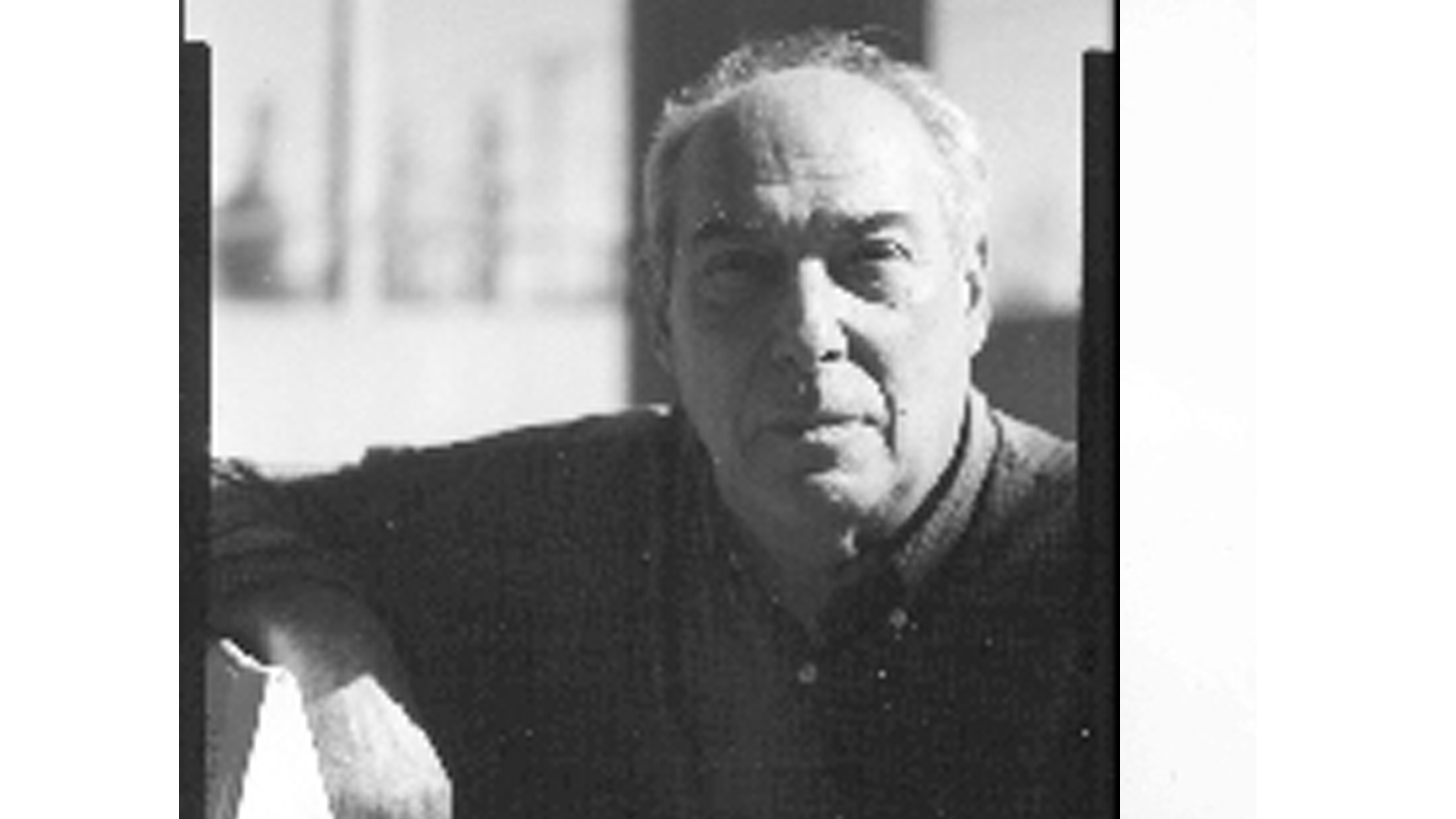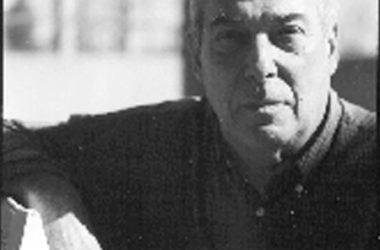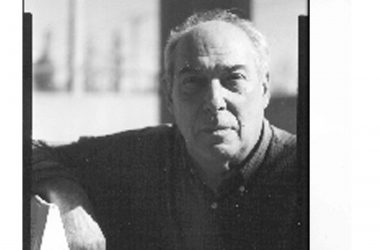By Noel Ignatiev
WE HAVE FED YOU ALL FOR A THOUSAND YEARS
We have fed you all for a thousand years
And you hail us still unfed
Though there’s never a dollar of all your wealth
But marks the workers dead
We have yielded our best to give you rest
And you lie on crimson wool.
Then if blood be the price of all your wealth,
Good God! We have paid in full.
There is never a mine blown skyward now
But we’re buried alive for you
There’s never a wreck drifts shoreward now
But we are its ghastly crew
Go reckon our dead by the forges red
And the factories where we spin
If blood be the price of your cursed wealth
Good God! We have paid it in.
We have fed you all for a thousand years
For that was our doom, you know
From the days when you chained us in your fields
To the strike of a week ago
You have taken our lives, and our babies and wives
And we’re told it’s your legal share;
But if blood be the price of your lawful wealth
Good God! We have bought it fair.
Reading about the mine disaster in Turkey brought to mind the above poem by an unknown proletarian, which first appeared in the IWW’s Industrial Union Bulletin in 1908. It got me to thinking about industrial violence in the U.S. today, and so I decided to share the following passage from the novel The Keepers of Truth by the Irish writer Michael Collins, published in 2001:
I drove toward the bleeding strip of neon, solitary cars here and there, seeing the small drive-in windows, glass tombs encasing high-school dropouts, mostly young girls, some male misfits, the dim of mind, all banished to the night shift for minimum wage. It was this new destiny of strip malls and eateries that scared the shit out of me, that made me wince and understand why people kill each other. I just stared into that benign warfare of twenty-four hour fronts, the lights that never shut off. You have to ask yourself why they do it. What compels people to go on existing on the dark side of night? What does it do to the psyche to know this is your future, your destiny in darkness, the graveyard shift at the drive-thru? This was Ronny Lawton’s domain, ex-army enlistee, decommissioned into society, a monstrous figure in a white chef’s hat, short-order cook with an expertise in munitions and assault rifles, trained to survive in the wilderness, scrambling eggs, making shakes, salting fried. Along these strips of neon were the killing fields of our post-industrialism, these glasshouse eateries where people get big on greased food and baskets of fries, eating bleeding burgers, clotting up their arteries and going about dying slowly over black tar coffee. Out here at this hour you bore witness to the attenuated deaths, the casualties that go uncounted. And when the sun rises, the radio whispers of the night that passed, it gives the grim statistics of pulverizing rapes, robberies where clerks were pistol-whipped and tied up in freezers, or shot in the face and left to bleed to death, a young woman with two children missing from a seven-eleven, a solitary sentry, working alone of course – profit margins dictate there can’t be two clerks on duty. And it passes itself off, this violence, this madness, as nothing to do with politics. Somehow we are an apolitical nation. There are no collective actions of warfare. Everything can be dismantled to the level of the individual. Each act of violence is isolated; it forms no mood; it feeds into no general rebellion. It’s maybe the greatest secret we possess as a nation, our sense of alienation from everyone else around us, our ability to have no sympathy, so empathy for others’ suffering, a decentralized philosophy of individual will, a culpability that always lands back on each of us. ‘You can be whatever you want to be,’ was what my grandfather was always saying. It was the mantra of our society…



